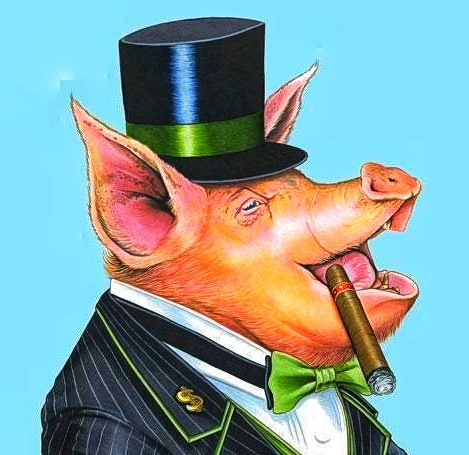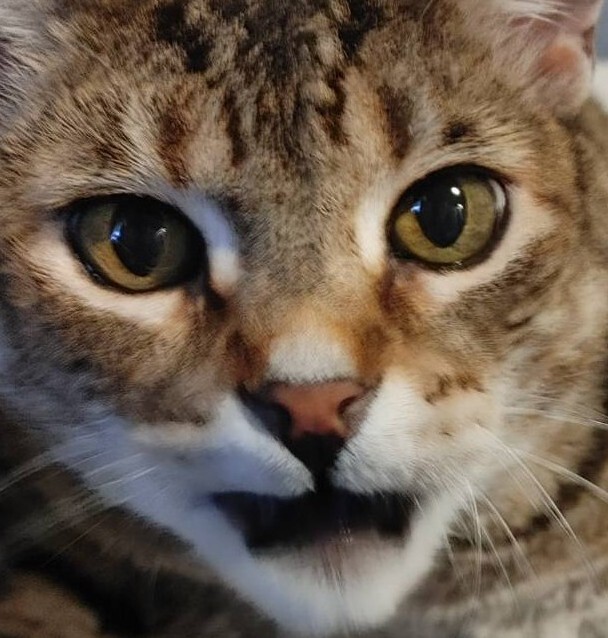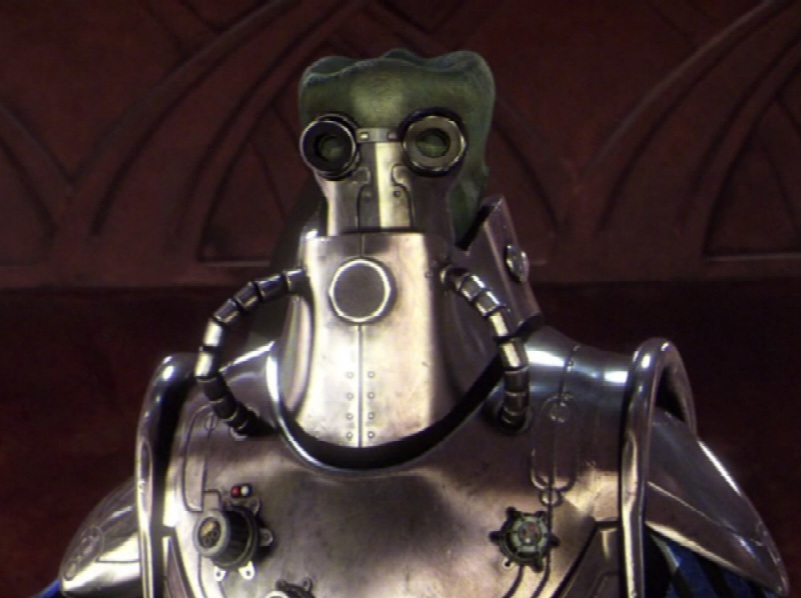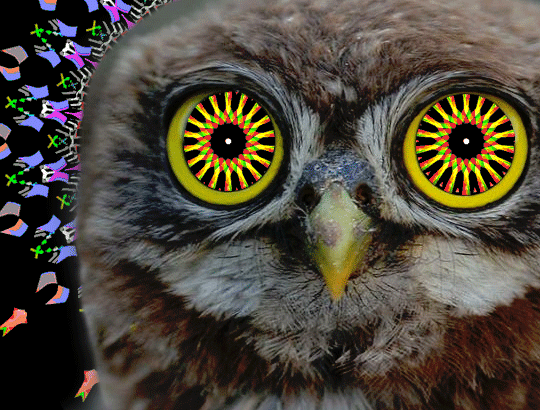I’ve got a step brother, born and raised here but to displaced persons from Eastern Europe that came over after the war. So he grew up speaking the language. Some years back while he was still young, he visited the old country. He could talk fine with other people his age there, but they told him “you speak like an old man.” He was speaking a “stuck in time” version of the language.
This is what happens to communities that have a wave of immigration, especially when it comes to refugee populations.
They are a snapshot of their culture in that period and it mostly stays stuck in time, especially with regards to language.
Meanwhile, a couple of decades on, the country's language has continued to develop and change as all languages do but the migrant language remains basically as it was.
French Canadians are a good example of this, since the split was 300 years ago
Isn’t there a thing that Bostonians sound more like old English than the English?
Yeah i read that too, where the accent we yanks associate with British today grew from an upper-class affectation that developed after the war?
My understanding is that prior to radio the uk had like 300 mutually unintelligible "dialects" of "english" and it was bbc broadcasts that turned English English in to something resembling a single language. And we ended up with the "received pronunciation" dialect or something. Like if Americans settled on Mid-Atlantic as the correct way to talk.
Imagine a beautiful world where Americans adopted a universal accent from 1930s gangster movies and everyone went around saying "now see" and "you'll never take me alive, copper."
Maybe a few decades ago. Idk how much of the old dialect is still around. Try looking up "boston brahmin dialect"
No, they have simply developed in a different direction that is in some ways more conservative and in some ways more innovative. It's not a really a good comparison to a single generation of an immigrant family.
Especially with the wild differences in French Canadian communities. Acadians are different from Quebecois who are different from Franco-[Province], a language somewhat unites them but not much else (and even then the French spoken differs strongly in each group)
Which creates an interesting divide in those particular immigrant communities in the US, as often the communities built around the displaced persons that came over in the late 40’s/early 50’s and the ones that came over post-Cold War do not intermingle.
Your step brother is this guy but eastern European and real
I found a YouTube link in your comment. Here are links to the same video on alternative frontends that protect your privacy:
A Japanese teacher once told us how one of her friends married a Finnish man. His wife was basically the only Japanese person he could practice Japanese with so he ended up speaking Japanese like a polite, middle-aged woman, which her friends found incredibly funny coming from a burly Finnish dude
Japanese is a bit unusual to English speakers because there is a much more pronounced gender divide in word usage, and even to some extent how words are pronounced. The R-sound is probably the best example here where it spans the spectrum of a rolled-R, which sounds very masculine and aggressive, all the way to an R-sound that is just barely a tapped-R (to the point where you'd be excused if you thought it was an L) which sounds very delicate and feminine.
Of course choice of words skew to different genders across all languages but in Japanese, for example, there are multiple words for "I/Me" that vary in how masculine or feminine they are so the linguistic gender divide is really quite stark to a native English speaker.
In Japan women are also expected to speak with a higher pitch. Another teacher said she kinda forgets to do this living abroad and that she gets asked if she's having a cold or if she's angry by her friends and family when she visits home.
In one class a student told us how in Japan she was taken aside and advised to speak in a more feminine tone so people would find her less intimidating. She was a bit shocked because she just naturally had a louder, deeper voice
I can't help it that the rolled R style Japanese sounds cooler

I once heard that Lenin spoke with an Irish accent. I know a few people from South America that also spoke with a US accent because that's where their teachers are from.
His English tutor was Irish. James Connolly's son (yes, that James Connolly) met Lenin and noted that he spoke English with an Irish accent.
I've known quite a few foreigners with distinctly American accents because they learnt it from Hollywood films.
I have a coworker from China who speaks like an american because he's so into american football.
Why he moved to Australia to pursue that idfk
As a non-native English speaker it is equally valid for me to speak with a Jamaican, Indian or British accent.
Going to China and confusing/alarming people on my casual sports team because I learned how to shout in Mandarin from movies about the PLA
translating Maoist Standard English agitprop into Mandarin to advocate for a second Cultural Revolution
It's me, Tone, heheheh. I also point with both index and little finger because of Paulie.
It was rather common when Peppa Pig was big where American children would get slightly British accents because they would pick it up from the show.
I did something similar to myself when i was preteen because i got bullied for my incredibly particular regional merkin accent. At the time I got really into westerns. I still talk like a stereotypical movie cowboy.
I hear a similar thing has been happening with the Australian accent due to the popularity of Bluey
And ironically, this is happening as the Australian accent vanishes thanks to American cultural influences.
Take that Americans. Now your kids say "bins"
I found a YouTube link in your comment. Here are links to the same video on alternative frontends that protect your privacy:























